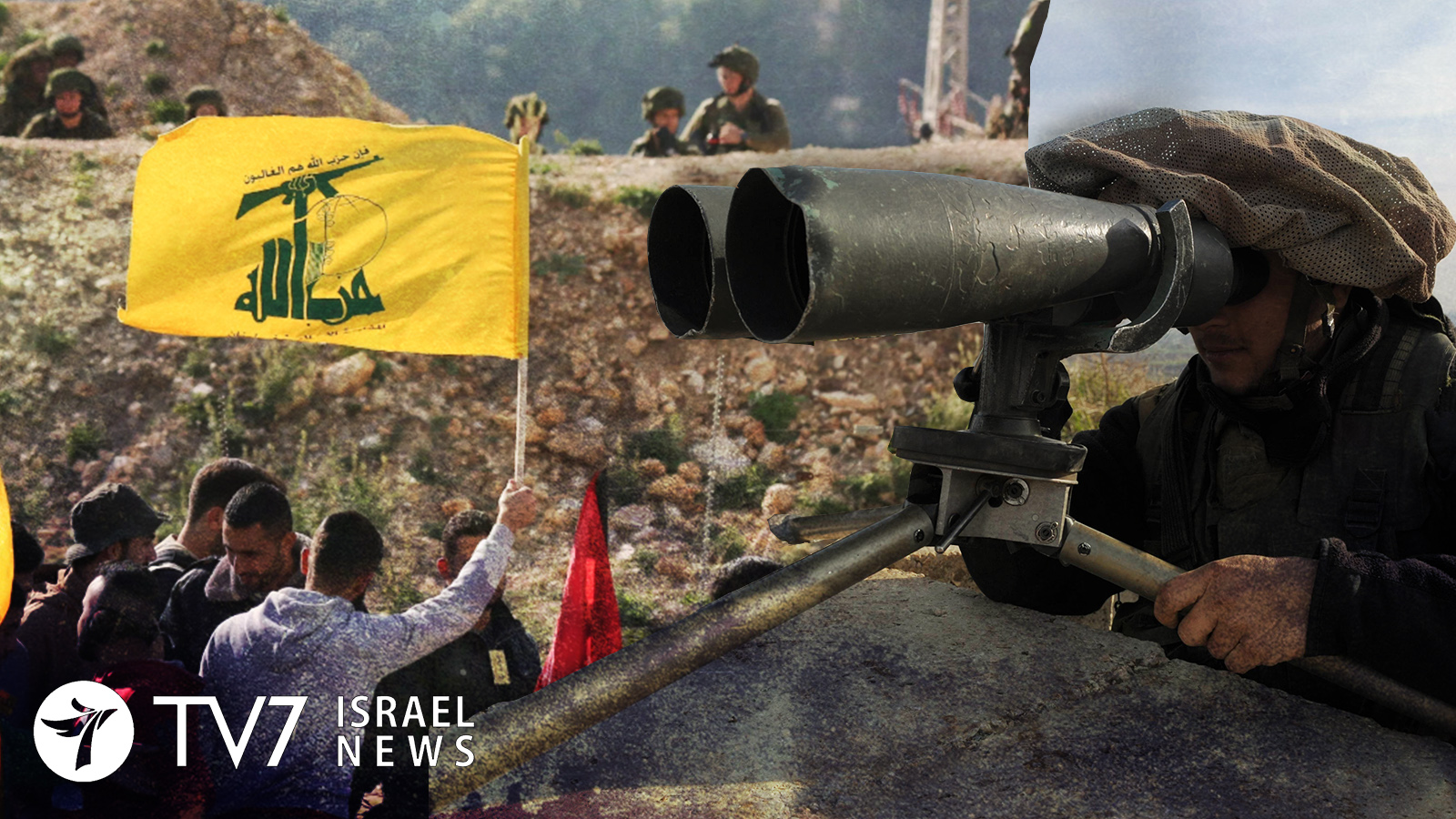Iran’s Lebanese-proxy Hezbollah is preparing for a “calculated strike” against Israel, in response to a drone attack in the Mouawad neighborhood of Dahyeh, the Shi’ite group’s stronghold in the southern part of Beirut.
That said, in an interview with Russia’s RT Arabic Channel, Hezbollah’s Deputy Secretary-General Sheikh Naim Qassem insisted that ‘a war with Israel is unlikely.’ He said, “I rule out that the atmosphere is one of war, it is one of a response to an attack,” while adding that “Everything will be decided at its time.”
In response to a question about the target of the alleged Israeli drones, Hezbollah’s deputy chief refused to provide a candid answer – despite an official statement by the Iranian-back group claiming the location to be its media office. Instead, Sheikh Qassem said that in “the coming day” Hezbollah will conduct a surprise retaliatory strike. As such, the organization’s deputy chief refused to divulge the details.
Meanwhile, many circulating reports sought to shed light on the intended target of the alleged Israeli suicide-drone attack. While senior Israeli security officials, who spoke to TV7 on condition of anonymity, rejected most of the reports – dubbing them as “baseless” – the officials stopped short from refuting a report that was published by the ‘London Times’ daily, which cited western intelligence sources as revealing that “a storage facility near the (targeted) building contained a high-end “industrial planetary mixer,” a machine that is necessary to mix solid-fuel propellants specifically for high-grade precision missiles.”
The report further noted that “the item is thought to be manufactured in Iran. It is important to note that the incident, which drew threats from both Hezbollah and Islamic Revolutionary Guards top officials, was initially regarded as “a shocking development,” since the alleged Israeli attack in Lebanon – the first since the 2006 war – is perceived as a significant change in Jerusalem’s rules-of-engagement, pertaining to Iranian activities related to its efforts to bolster its proxies surrounding Israel’s borders.
Amid the rising tensions between Hezbollah and Israel, the Beirut government convened its Higher Defense Council, after which it declared unanimously that Lebanon has the right to defend itself “by any means, against any attack.” The meeting was presided over by Lebanese President Michel Aoun and was attended by all of the country’s top sectarian political leaders. After the meeting concluded, the Secretary General of the Council, Major General Mahmoud Al-Asmar, underscored the importance of defending Lebanon’s sovereignty and security; saying: “The President insisted on the importance of defending Lebanon’s sovereignty and security, because it is the country’s legitimate right. And the Higher Defense Council confirms that the Lebanese have the right to defend themselves, by any means, against any attack, a right documented in the United Nations Charter; in order to prevent another such attack on Lebanon, its people and its land.”
While Lebanese and Israeli officials sought to downplay the prospects of war, Hezbollah has reportedly vacated its centers throughout Lebanon immediately after the attack. Furthermore – fearing a possible Israeli invasion – some Hezbollah operatives were instructed to stay at home to dispose of classified information from their computers/ in their possession.
All the while, Lebanese prime minister has been in contact with both Russian and American officials, in order to coordinate attempts to restrain Israeli activities in Lebanon. Prime Minister Sa’ad al-Hariri made his reported plea with U.S. Secretary of State Mike Pompeo and Russian Foreign Minister Sergei Lavrov, in which he separately urged Washington and Moscow to use their influence to prevent a further escalation between Beirut and Jerusalem.
Subsequently, Israel’s ambassador to the United Nations, Danny Danon, urged the United Nations to act against Iran’s efforts to transfer weapons to Hezbollah. In an interview with Israel’s national KAN radio channel, the diplomat emphasized that while Jerusalem would support extending the peacekeeping mandate of the United Nations Interim Force In Lebanon, it is demanding that the international force would take greater action to stop Tehran’s arms shipments from reaching its Lebanese-proxy.
Danon’s comments were made early this morning, just several hours after the United Nations Security Council convened in New York for a session on Mideast Conflicts, during which U.N. Special Coordinator for the Middle East Peace Process provided a briefing via teleconference from his office in Jerusalem. With regard to the latest developments between Israel and Lebanon, Nickolay Mladenov urged both sides to exercise restraint, both in action and rhetoric; saying: “The UN reiterates its appeal to all concerned, to cease violations of resolution 1701 and fully implement its provisions. The United Nations calls on the parties to exercise maximum restraint both in action and in rhetoric.”
Most of Mladenov’s briefing focused on the latest escalation between Israel and the Islamist organizations in the Gaza Strip, as well as the deadly terror attacks that occurred over the past several weeks in the West Bank. Similar to all of his previous briefings, the U.N. envoy condemned both Israel and the Palestinians for the spat of violence, and subsequently urged calibrate its use of force only as a last resort, while calling on Hamas to “prevent the indiscriminate launching of rockets and mortars towards Israel.” Mladenov added that: “Israel must calibrate its use of force and use lethal force only as a last resort, and only in response to imminent threats of death or serious injury. Hamas must prevent the indiscriminate launching of rockets and mortars towards Israel. It must ensure that protests at the fence remain peaceful and prevent provocations.”
